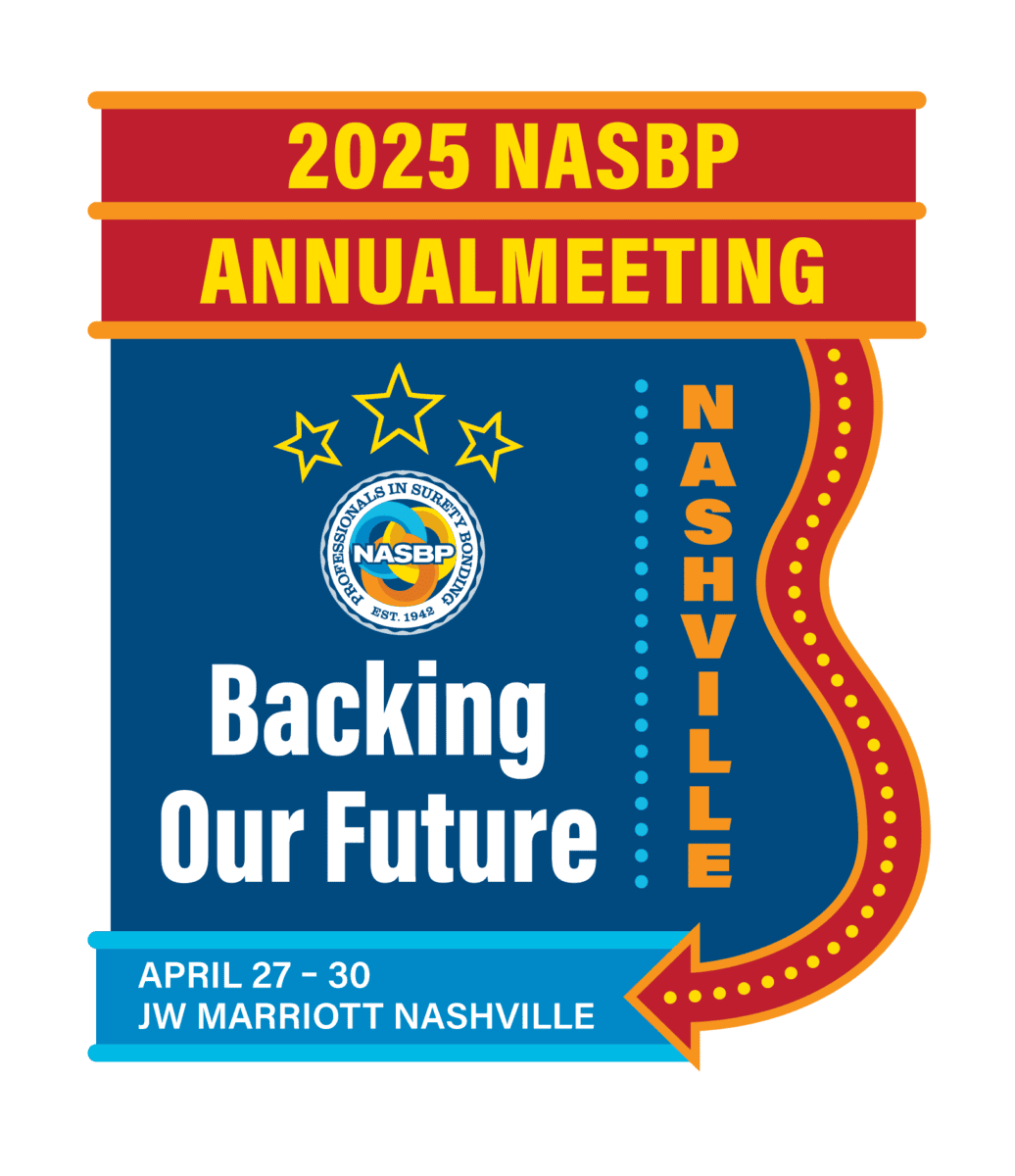
North Dakota Law: Limitations Periods in Surety Bonds Are Valid and Enforceable
Courts in the various jurisdictions differ in how they analyze and treat surety defenses. Critically important are the state’s relevant statutes, the specific bond in question, and the relevant state case law; this is especially true when analyzing bond claim limitations periods. Such an analysis played itself out in the North Dakota Supreme Court, in L&C Expedition v. Swenson, Hagen and Co., 2023 N.D. LEXIS 18 (N.D. Feb. 16, 2023). The court found that a surety’s bond limitations period for claims to be asserted was valid and enforceable under North Dakota law.
The facts of the matter are as follows. L&C Expedition (L&C) contracted with Unlimited Excavating (Unlimited) to perform work on a residential development project. Unlimited obtained a performance bond through International Fidelity Insurance Company (IFIC). Unlimited completed its work in November 2016 and received final payment in July 2017. In 2019, L&C learned of major problems in the construction and notified Unlimited that it needed to make repairs. Unlimited did not make repairs, and L&C demanded that IFIC arrange for performance of Unlimited’s work per the terms of the performance bond. When IFIC refused, L&C brought suit against IFIC in May 2020, asserting that L&C was entitled to recover $393,000 under the terms of the bond.
The performance bond provided as follows: “[a]ny suit under this bond must be . . . [i]nstituted before the expiration of two years from the date on which final payment under the subcontract falls due.” The parties do not dispute the district court’s finding that L&C initiated its action outside the limitations period as set forth in the bond. Both L&C and IFIC moved for summary judgment. The district court granted summary judgment in favor of IFIC, finding L&C ‘s claims against IFIC were time barred by the two-year limitations period in the bond.
On appeal, L&C argued that the two-year limitation in the performance bond is invalid. L&C asserted that N.D.C.C. § 9-08-05 precludes parties from contracting for a period of limitation to bring a claim different than the applicable statute of limitations and that N.D.C.C § 22-03-03 does not provide an exception to N.D.C.C. § 9-08-05. The court disagreed with L&C’s argument.
Section 9-08-05 provides as follows:
Every stipulation or condition in a contract by which any party thereto is restricted from enforcing that party’s rights under the contract by the usual legal proceedings in the ordinary tribunals or which limits the time within which that party thus may enforce that party’s rights is void, except as otherwise specifically permitted by the laws of this state.
(Emphasis added.) Thus, section 9-08-05 does void all provisions in a contract that limit the time within which a party can enforce its rights but specifically allows for parties to limit the time for asserting a claim if another North Dakota law permits the limitation. And such a law is found in the North Dakota statutes.
Section 22-03-03 provides that “[a] surety cannot be held beyond the express terms of the surety’s contract and if such contract prescribes a penalty for its breach, the surety cannot be liable in any case for more that the penalty.” The court observed that the language of the statute is “clear and unambiguous”:
The language of the statute provides a surety cannot be held beyond the terms in the contract nor held beyond the amount of liability provided for in the contract. A contract provision which limits the amount of time a party is allowed to bring suit is an express provision of the contract. Therefore, N.D.C.C. § 22-03-03 provides that[,] if the parties contractually agree to a limitation on the time to bring a claim, the surety cannot be held beyond that limitation. N.D.C.C. § 22-03-03 serves as an exception under N.D.C.C. § 9-08-05.
The court concluded as follows: “[t]he two year limitation for asserting a claim provided for in the performance bonds is enforceable, L&C failed to bring suit within two years, and L&C is barred from asserting its claims against IFIC.

The author of this article is Martha Perkins, General Counsel at NASBP. She can be reached at mperkins@nasbp.org or 240.200.1270.
This article is provided to NASBP members, affiliates, and associates solely for educational and informational purposes. It is not to be considered the rendering of legal advice in specific cases or to create a lawyer-client relationship. Readers are responsible for obtaining legal advice from their own counsels and should not act upon any information contained in this article without such advice.
Get Important Surety Industry News & Info
Keep up with the latest industry news and NASBP programs, events, and activities by subscribing to NASBP Smartbrief.




